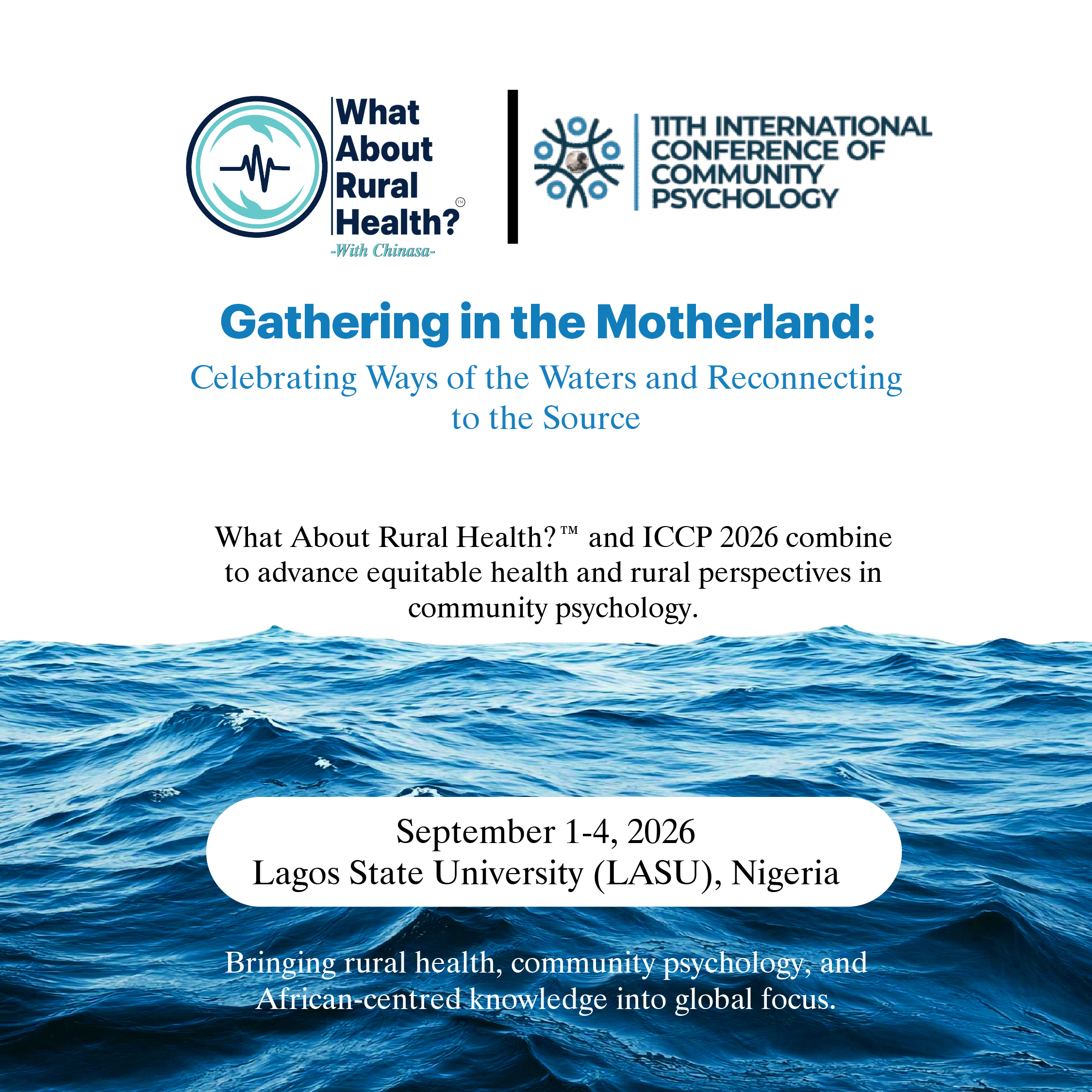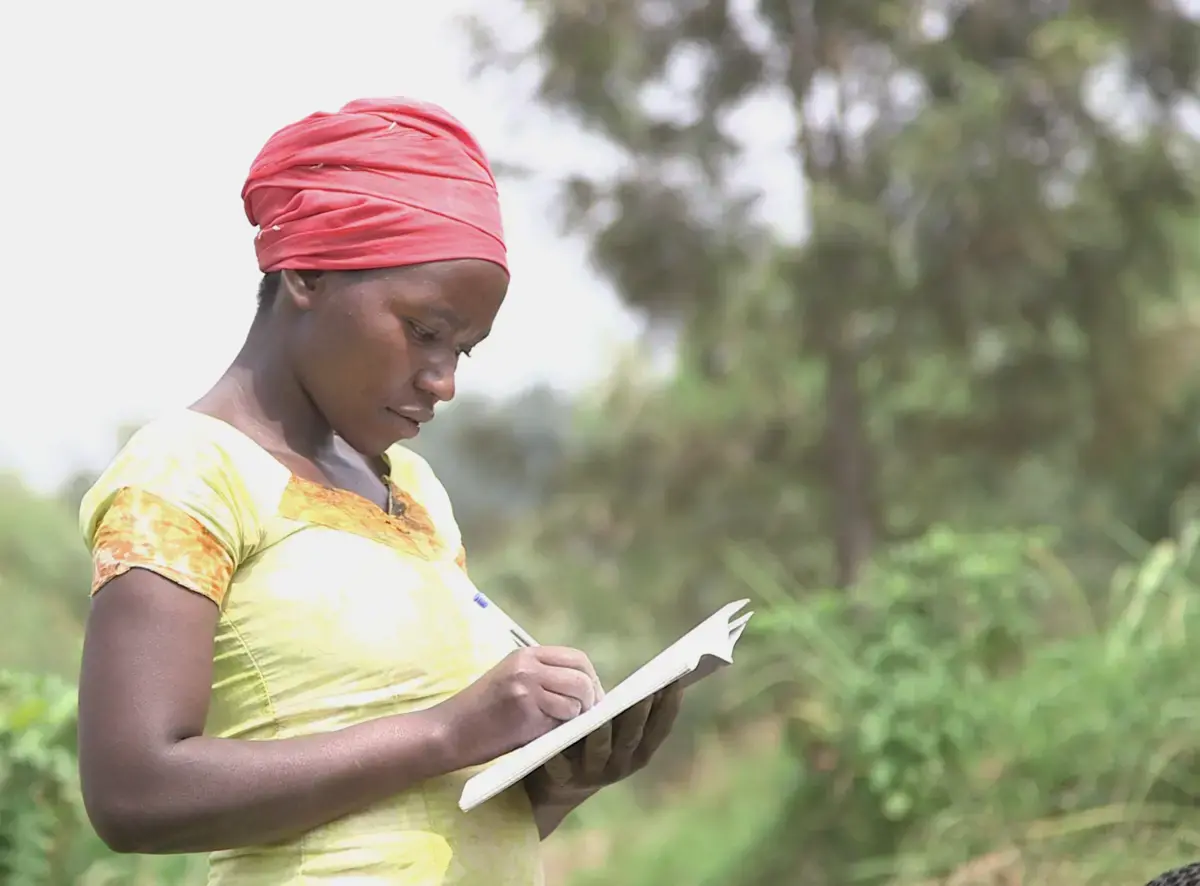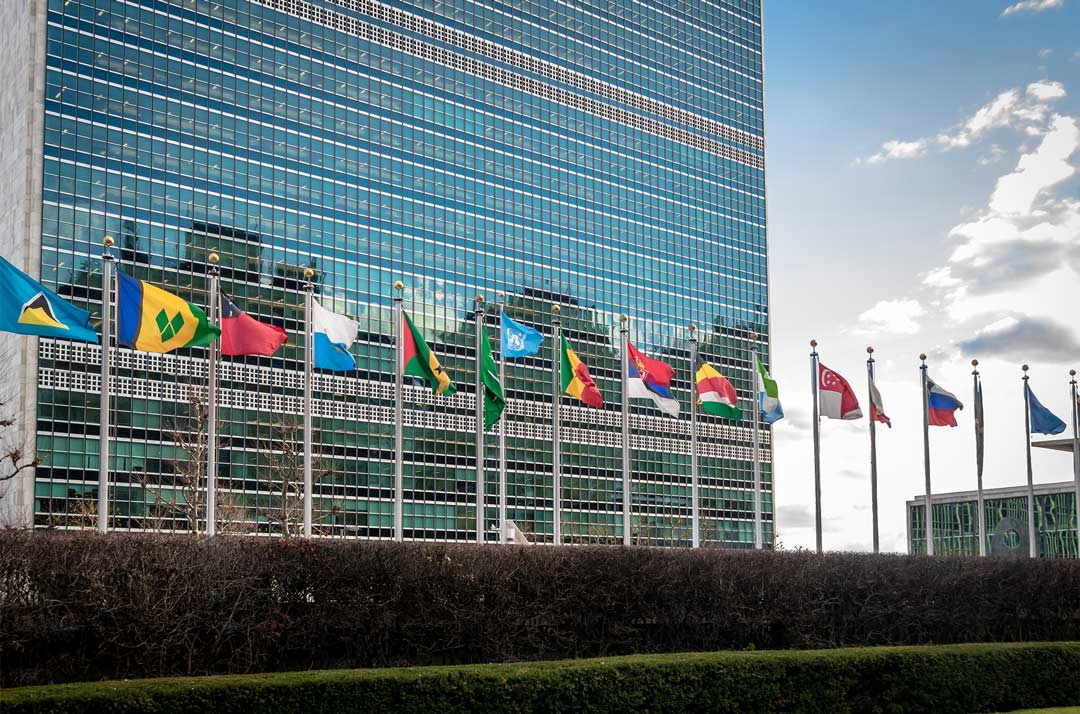By Faridah Abdullahi
Before we dive into rural healthcare funding, we examined why rural health matters and why it deserves greater attention in our introduction (Read Here). Before moving forward, let’s take a moment to recap what we already know.
Why Rural Healthcare Funding Matters
Rural communities tend to have older and less educated populations, with disproportionately higher rates of chronic diseases. Systemic poverty in these areas exacerbates existing barriers such as geographic isolation, shortages of healthcare providers, poor infrastructure, and limited transportation, thereby making it difficult for people to access even the most basic health services.
Importantly, access to healthcare extends beyond the mere presence of facilities; it also depends on people’s ability to physically reach and afford the services they need.
What we may not already know, however, is the scale of this challenge. Globally, most of the 2.8 billion people without access to basic necessities, including healthcare, live in rural areas (Muzliu, Afolabi, Peter, Racheal, & Abimbola, 2024). Nearly half of all rural births occur without skilled medical support, compared to just 13% in urban settings, and approximately 50% of rural populations still lack access to improved sanitation (Muzliu et al, 2024). This entrenched poverty not only jeopardises health outcomes but also undermines livelihoods and productivity, making equitable access to healthcare both a public health and economic imperative.
As a result of the many constraints in accessing healthcare in rural areas, sustainable healthcare funding is essential to help ensure continuous access to quality services, support workforce retention, promote innovation, such as telemedicine, and enable investment in prevention and health promotion programs that improve long-term outcomes.
Without sustainable funding, rural communities face service disruptions, underinvestment, and widening access gaps that hinder progress toward universal health coverage.
Understanding the Funding Challenges
Rural healthcare funding, however, faces persistent challenges, including inadequate budget allocation that results in weak infrastructure, staff shortages, reliance on out-of-pocket payments, and policies that prioritise urban over rural needs. Dependence on unstable donor funding, in addition to mismanagement, corruption, and fund leakage, further undermines sustainability and service delivery.
Furthermore, many rural facilities operate on tight budgets, resulting in restricted access to medicines, equipment, and quality care. These combined challenges highlight the urgent need for sustainable financing strategies, stronger governance, equitable resource distribution, and innovative partnerships to strengthen rural health systems.
Nigeria’s Policy Efforts to Strengthen Healthcare Financing
The Nigerian government, in the bid to address healthcare funding challenges, has developed several frameworks aimed at strengthening healthcare financing and moving closer to Universal Health Coverage (UHC). These frameworks focus on generating adequate funding, reducing financial barriers to healthcare access, and promoting equitable and efficient health service delivery.
They emphasise expanding financial options through private sector engagement, prepayment-based mechanisms, and community-based schemes, with priority given to primary health care (PHC) and rural populations.
The National Health Financing Policy (2006) promotes equity, affordability, and efficiency by mandating 15% of government budgets for health (in line with the Abuja Declaration), expanding social and community-based health insurance, encouraging voluntary private insurance, harmonising donor aid, and reducing out-of-pocket spending.
The National Health Act 2014 established the Basic Health Care Provision Fund (BHCPF), which aims to provide basic healthcare to all Nigerians by funding primary healthcare, supporting vulnerable populations, funding emergency medical treatment, improving health system financing, and providing a basic minimum package of health services.
In addition, the National Health Insurance Act 2022 establishes mandatory health insurance for all citizens and legal residents.

Despite having well-articulated policies and strategies, Nigeria’s health financing, like many African countries, remains persistently underfunded, with government expenditure on healthcare falling significantly short of the Abuja Declaration target of 15%.
How Healthcare is Funded in Nigeria Today
The persistent underfunding by the government directly translates to healthcare being funded privately by out-of-pocket (OOP) payments. This highly unsustainable practice disproportionately burdens rural populations, pushing millions into poverty and hindering progress toward universal health coverage. Across the WHO Africa Region, OOP payments have pushed over 150 million people into or deeper into poverty (World Health Organisation Regional Office for Africa [WHO AFRO], 2024). Without strong insurance and risk-pooling mechanisms, rural dwellers are left vulnerable, resulting in premature deaths, maternal health challenges, and persistent deficiencies that undermine progress toward the health-related Sustainable Development Goals in Africa.
Outside of OOP payments, there are several other methods of healthcare funding , and in extension, rural healthcare. One of such methods is public or government funding. In Nigeria, public funding for rural health primarily operates through the National Health Insurance Scheme and targeted funds designed to expand access and affordability for underserved populations.
The National Health Insurance Scheme (NHIS) pools financial risk across the population to provide service packages, while the Basic Health Care Provision Fund (BHCPF) specifically directs resources to the poor and vulnerable by financing primary healthcare services. As has been mentioned, one of the greatest challenges with public funding in Nigeria is the low level of government budgetary allocation to healthcare. Despite policy commitments to Universal Health Coverage, Nigeria’s 2025 health budget was ₦2.48 trillion. This represents only 5.18% of the national budget, far below the Abuja Declaration’s 15% target (Ileyemi & Eromonsele, 2025).
External/international donor aid also plays a vital role in rural healthcare funding. This is done through grants, donations, partnerships, and technical expertise that support essential healthcare services and programs. By collaborating with local communities and governments, international organisations and NGOs fund clinics, mobile health units, and health education initiatives, while also contributing to disease prevention, maternal and child health, and access to essential medicines. In most African States, external aid account for less than 20% of total health expenditure.
However, in some countries, such as Malawi, donor funding consistently accounted for more than 40% of total health expenditure between 2001 and 2010 (World Health Organisation Regional Office for Africa [WHO AFRO], 2013). While such external support has been essential, the evolving political climate, especially the moves by the United States to reduce or suspend foreign aid via agencies like USAID, exposes vulnerabilities in long-term sustainability and creates a dangerous dependency (Houreld, 2025).
Private sector funding is also another means of rural healthcare financing. This often comes in the form of corporate social responsibility (CSR) initiatives, where businesses channel resources, technology, and expertise into improving health access and outcomes in underserved areas, or even public-private partnerships (PPPs), which are increasingly explored to mobilise resources, improve infrastructure, and enhance service delivery by leveraging private sector expertise and investment.

Another way of rural healthcare funding is through community-based financing. This relies on locally driven mechanisms such as cooperative health funds and traditional savings schemes, which involve members pooling contributions through premiums or regular payments to cover healthcare costs collectively. This model provides financial protection against catastrophic expenses, promotes risk-pooling, and fosters community ownership by giving members a direct role in managing resources.
Although they remain a relatively new development in Nigeria, evidence shows that community-based financing is among the most effective ways to deliver inclusive rural health services, though success depends on strong cooperation within communities. Countries such as Ethiopia, Rwanda, Burkina Faso, Mexico, and China have experimented with cooperative-based health financing to close rural health gaps (Muzliu et al., 2024), (Garba et al., 2015).
The Path Forward — Building Sustainable Healthcare Funding Systems
In addition to the aforementioned, a lot still needs to be done to improve healthcare funding in Nigeria. Firstly, policy reforms for rural healthcare funding should prioritise strengthening public financing through increased government expenditure and efficient fund pooling, while also leveraging public-private partnerships (PPPs) and innovative insurance schemes to expand resources and improve service delivery.
In addition, there should be more emphasis on collaboration with development partners, NGOs, and local communities, as this will foster shared responsibility, while reorienting health services toward prevention and primary care. This in turn, will create more equitable, resilient, and sustainable rural health systems.
Digital health should also be leveraged. Expanding rural internet connectivity and enacting enabling policies will ensure that telehealth and remote monitoring can be widely adopted, thereby helping to reduce travel costs, expand access, and prevent expensive hospitalisations.
Furthermore, the government should encourage private sector participation and social entrepreneurship in rural health funding. This can be done by creating enabling environments by offering tax breaks, subsidies, and strategic partnerships. Social entrepreneurs, supported by social impact investors, crowd funding, and entrepreneurship programs, can drive innovation in rural healthcare by developing community-tailored solutions, building sustainable businesses, and fostering local ownership, ultimately expanding access and improving health outcomes.
Finally, measures must be taken to ensure accountability and transparency in rural health funding, to ensure that funds are used efficiently and tied to measurable outcomes.
In conclusion, sustainable rural healthcare funding is essential for equity and long-term development in underserved communities. Although limited revenue and weak infrastructure remain major obstacles, progress depends on innovative and collaborative approaches, including support from international partners and the private sector through public-private partnerships and digital health investments. These, alongside strengthening accountability and efficiency mechanisms will ensure that rural households are protected from impoverishing health costs and have reliable access to quality care.
Useful Links:
- Jamil, R., & Dutta, U. (2023). Rural health. In E. Y. Ho, C. L. Bylund, & J. C. M. van Weert (Eds.), The international encyclopedia of health communication (pp. 1–8). John Wiley & Sons. https://doi.org/10.1002/9781119678816.iehc0839
- Uzochukwu, B. S. C., Ughasoro, M. D., Etiaba, E., Okwuosa, C., Envuladu, E., & Onwujekwe, O. E. (2015). Health care financing in Nigeria: Implications for achieving universal health coverage. Nigerian Journal of Clinical Practice, 18(4), 437–444. https://doi.org/10.4103/1119-3077.154196





